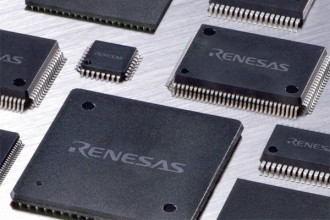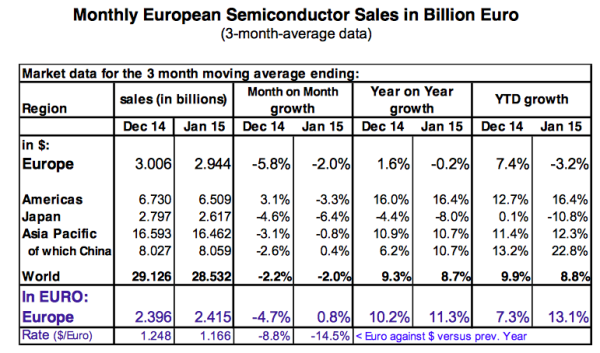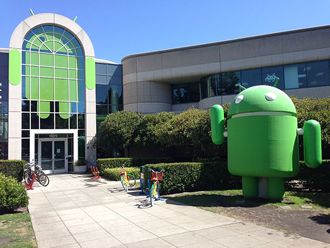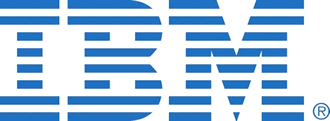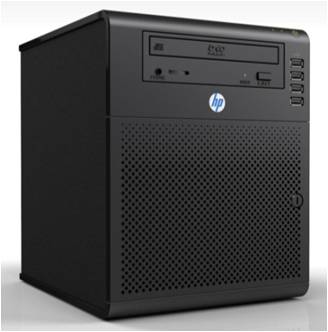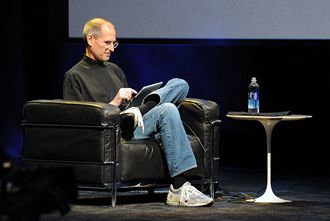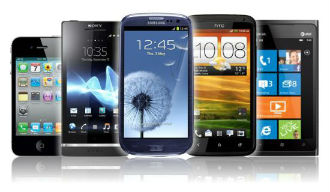 Intel and Huawei Technologies are getting closer even as their rival governments fall out over trade blocks.
Intel and Huawei Technologies are getting closer even as their rival governments fall out over trade blocks.
According to Huawei, the pair are getting closer and will share technology and adopt Huawei branding behind the bamboo curtain to make Intel products more palatable to local buyers and the Chinese government.
The technology involved focuses on the cloud, with the pair working on a project to create new servers, a data centre, software and cyber security for a global cloud-computing network.
China’s government has been openly pushing for the use of more Chinese and less foreign-made technology, both to grow its own tech sector and as a response to Edward Snowden’s leaks about widespread US cyber surveillance.
Intel and Huawei have collaborated previously, including a server and cloud product team-up in 2012 and an agreement to cooperate on data storage last April.
Although the announcement is mostly Chinese focused it is likely that the Intel side of the deal will result in other products seen worldwide. Intel would take the lead in nations where Huawei is not trusted, and Huawei stepping forward in countries which are worried about US surveillance.

